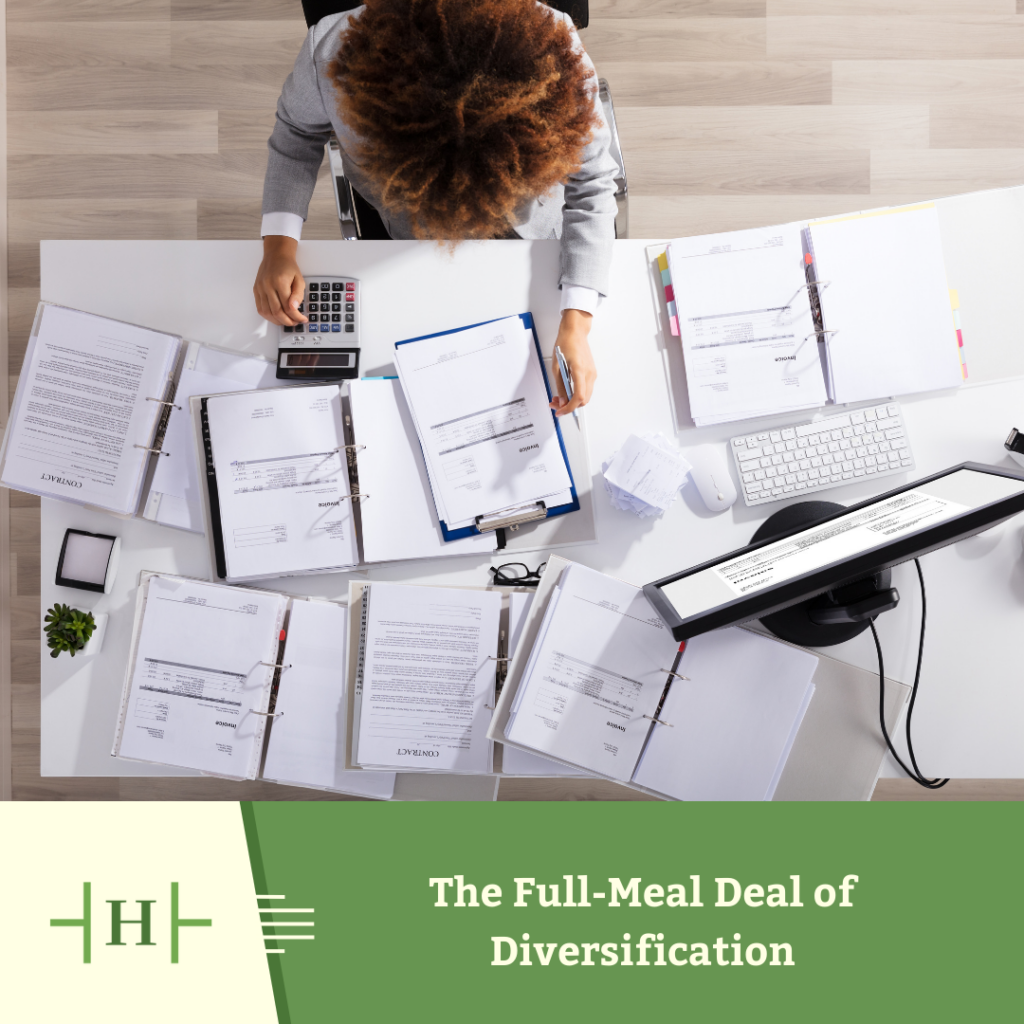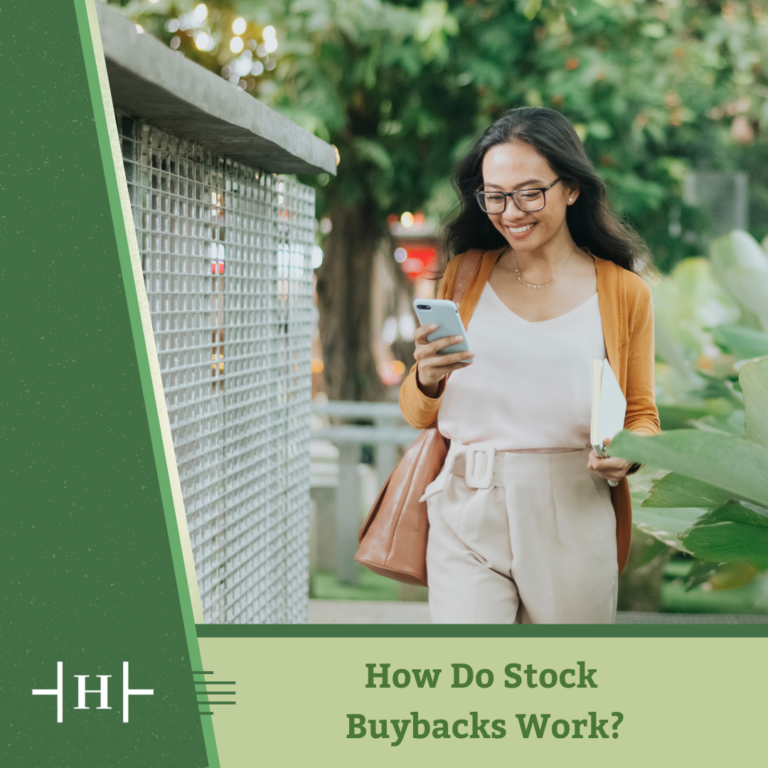
Welcome to the next installment in our series of Hiley Hunt’s Evidence-Based Investment Insights: The Full-Meal Deal of Diversification
In our last piece, “Financial Gurus and Other Unicorns,” we concluded our exploration of the impractical odds you face if you or your hired help try to outsmart the market’s price-setting efficiencies. Now, we turn our attention to the many ways you can harness these efficiencies to work for, rather than against you.
It starts with diversification as among your greatest financial friends. After all, what other single action can both dampen your exposure to a number of investment risks and strengthen your ability to achieve your personal financial goals? While the combination may seem almost magical, the benefits of diversification have been well-documented and widely explained by 70+ years of academic inquiry. Its powers have been enduring and robust.
Global Diversification: Quantity AND Quality
What is diversification? In a general sense, it’s about spreading your risks around. In investing, that means it’s more than just ensuring you have many holdings. It’s also about having many different kinds of holdings. That is, you want to ensure that your multiple baskets contain not only many eggs, but also a bounty of fruits, vegetables, grains, meats, and cheese.
While this may make intuitive sense, many investors come to us believing they are well-diversified when they are not. They may own a large number of stocks or stock funds across numerous accounts. But upon closer analysis, we find most of their holdings are concentrated in large-company U.S. stocks, or similarly narrow market exposure.
In the pages ahead, we’ll explore what we mean by different kinds of investments. For now, think of a concentrated portfolio as the undiversified equivalent of many basketsful of plain, white eggs. Over-exposure to what should be just one financial ingredient among many is not only unappetizing, it can be detrimental to your financial health. Poor diversification:
- Increases your vulnerability to avoidable risks
- Increases the odds for a bumpier, less reliable investment experience
- Makes you more susceptible to second-guessing your investment decisions
A World of Opportunities
Combined, these three strikes tend to generate unnecessary costs, increased investment mistakes, and, perhaps most important of all, higher anxiety. You’re back to trying to beat formidable market forces instead of turning them into investment alliances.
There is a wide world of investment opportunities available from low-cost funds offering efficient exposure to global capital markets. Why not make best use of them?
Your Take-Home
To best capture the benefits of diversification, turn to fund managers who focus their energies—and yours—on efficiently capturing diversified dimensions of global returns.
In our last piece, we described why brokers or fund managers who are instead fixated on trying to outperform the market are likely wasting your time and money. You may still be able to achieve diversification, but your experience will be weakened by pointless efforts, extraneous costs, and irritating distractions. Who needs that, when diversification can help you have your cake and eat it too?
Next, let’s explore why diversification is sometimes called one of investors’ few free lunches.




